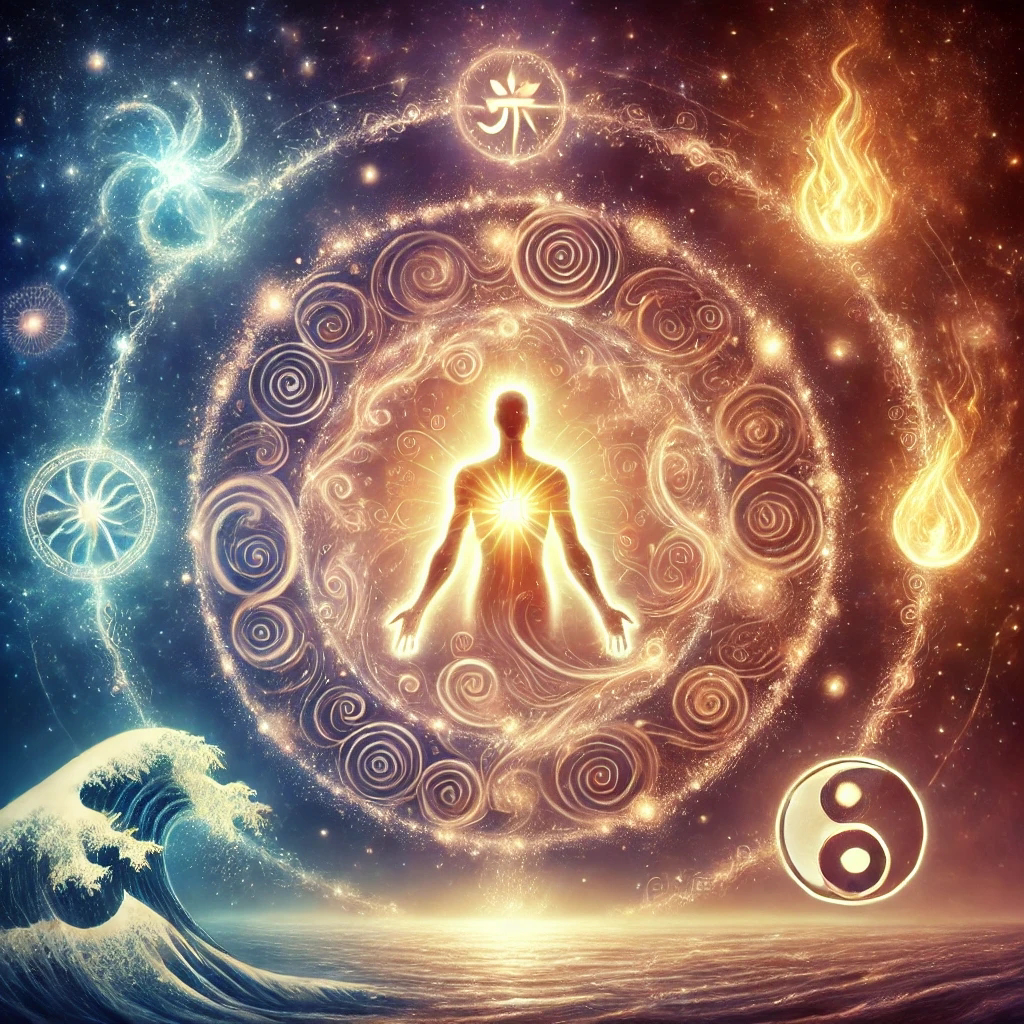Hi there, dreamers and deep thinkers,
Throughout history, the soul has been a central concept in understanding the human experience. Across cultures, religions, and philosophies, the soul has been portrayed as an eternal essence, the seat of consciousness, or a divine spark connecting humanity to a greater cosmos. Let’s explore the multifaceted perspectives of the soul, blending ancient wisdom with holistic understanding.
—
The Soul in Ancient Cultures
1. Mesopotamian Views: The Duality of Life and Death
The ancient Sumerians and Babylonians viewed the soul as two parts: the “etemmu”, the ghostly double, and the “zaqiqu”, the breath of life. Life was sustained by the zaqiqu, while the etemmu wandered in the netherworld after death, depicting an early dualistic approach to existence.
2. Egyptian Ka and Ba: The Journey to Eternity
In ancient Egypt, the soul was intricately linked to the concept of immortality. Egyptians believed the soul consisted of several components, the most prominent being the Ka (life force) and the Ba (personality or individuality). Upon death, the Ba embarked on a journey to reunite with the Ka, contingent on the heart’s purity as judged by Ma’at’s scales. The soul’s eternal life was dependent on this union, highlighting the ethical dimensions of the soul.
—
The Soul in Eastern Philosophies
1. Hinduism: The Eternal Atman
In Hindu tradition, the soul, or Atman, is eternal and unchanging, distinct from the body and mind. It is seen as a fragment of the Brahman, the universal consciousness. The cycle of rebirth, or samsara, and the ultimate liberation, moksha, underscore the soul’s journey toward unity with the divine.
2. Buddhism: No-Self and Rebirth
Buddhism presents a unique view where the concept of an eternal soul is refuted in favor of anatta, or “non-self.” Instead of a permanent soul, the self is an ever-changing flow of consciousness influenced by karma. Despite this, the belief in rebirth and liberation through enlightenment echoes the soul’s transformative journey.
—
The Soul in Western Thought
1. Ancient Greece: The Psyche
The ancient Greeks, notably Plato and Aristotle, offered profound insights into the soul. Plato regarded the soul as immortal and the source of reason and morality. He envisioned the soul divided into three parts: logos (reason), thumos (spirit), and epithumia (desires). Aristotle, on the other hand, saw the soul as the essence of life, intricately tied to the body but serving as its form and purpose.
2. Abrahamic Traditions: A Divine Spark
Judaism, Christianity, and Islam emphasize the soul as a divine creation. In these faiths, the soul reflects humanity’s connection to God, bearing moral responsibility and eternal destiny. The duality of body and soul is central, with an emphasis on salvation and divine judgment as the soul’s ultimate purpose.
—
Holistic Interpretations: Bridging Ancient and Modern Wisdom
The Universal Essence
While cultural interpretations vary, a recurring theme emerges: the soul as a bridge between the finite and the infinite. It represents a quest for meaning, a tether to the divine, and a reflection of universal interconnectedness.
Modern Perspectives
Contemporary science and spirituality often reinterpret ancient beliefs. Quantum physics explores consciousness and interconnectedness, echoing the mystical idea of the soul as a fundamental energy or pattern. Psychology delves into the inner psyche, resonating with ancient ideas of moral and existential exploration.
—
Final Thoughts: The Soul as a Mirror of Humanity
The ancient beliefs about the soul illuminate humanity’s enduring quest to understand existence. Whether viewed as an eternal essence, a moral compass, or a fragment of universal consciousness, the soul reflects our intrinsic longing for meaning, connection, and transcendence. In embracing these diverse perspectives, we weave a richer understanding of our shared humanity and the mysteries of life.
—
“The soul is the light of the world; it carries the weight of existence and the promise of eternity.” — Cognitive Psycho
Stay curious.
April
Cognitive Psycho




